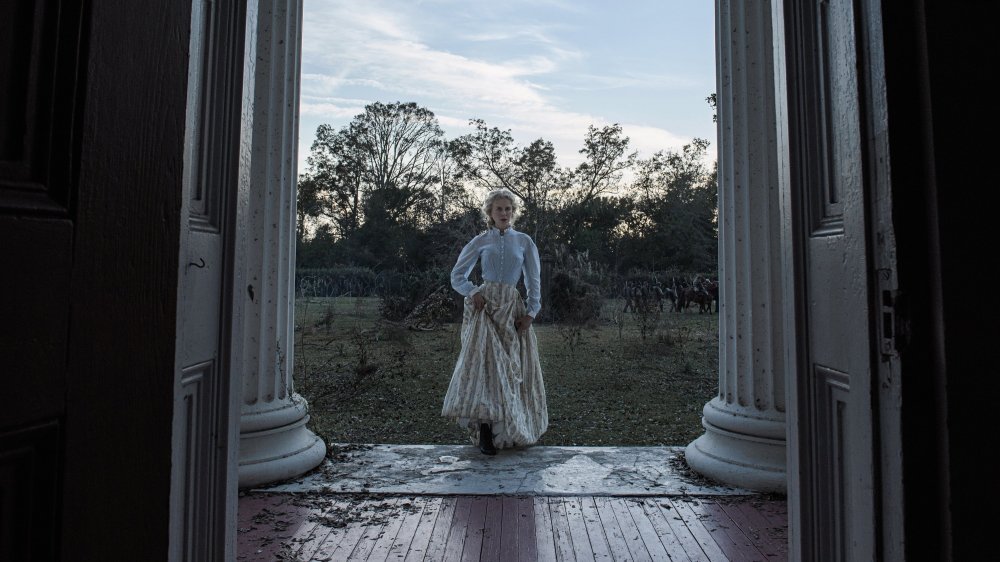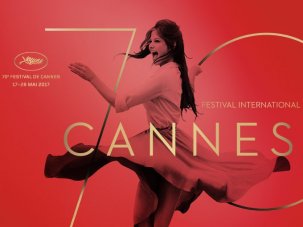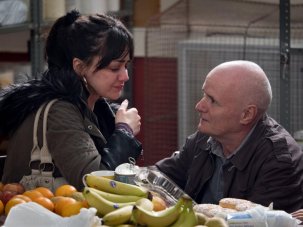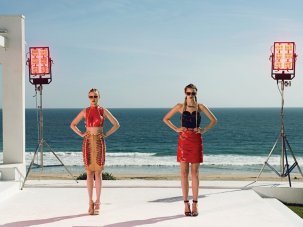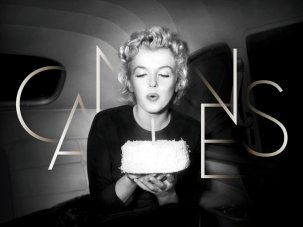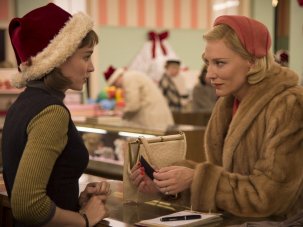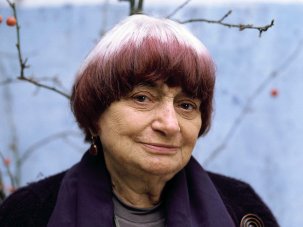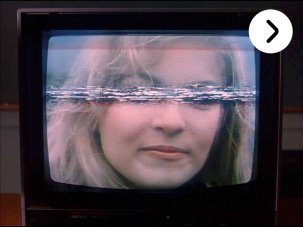This year’s Cannes Competition is potentially thrilling. The one thing commentators always note about the films selected for Cannes is how much the festival tends to revisit the same directors, but there’s a much fresher range of talent on show. Only Michael Haneke feels like an absolute regular – although you’d always expect films by Lynne Ramsay and Sofia Coppola to feature.
The 2017 Festival de Cannes runs 17-28 May. Follow us for first-look reviews of all the top titles and more.
A rough calculation suggests that the the average age of the directors chosen – around 51 years – is probably the lowest for some time (the inclusion of 73-year-old Competition virgin Jacques Doillon will have raised that average, and Haneke is 75). Cannes is also boasting that across all official platforms 12 female filmmakers are included. In the Competition itself, Naomi Kawase joins Ramsay and Coppola, making three out of the 19 directors selected so far.
Politics ho!
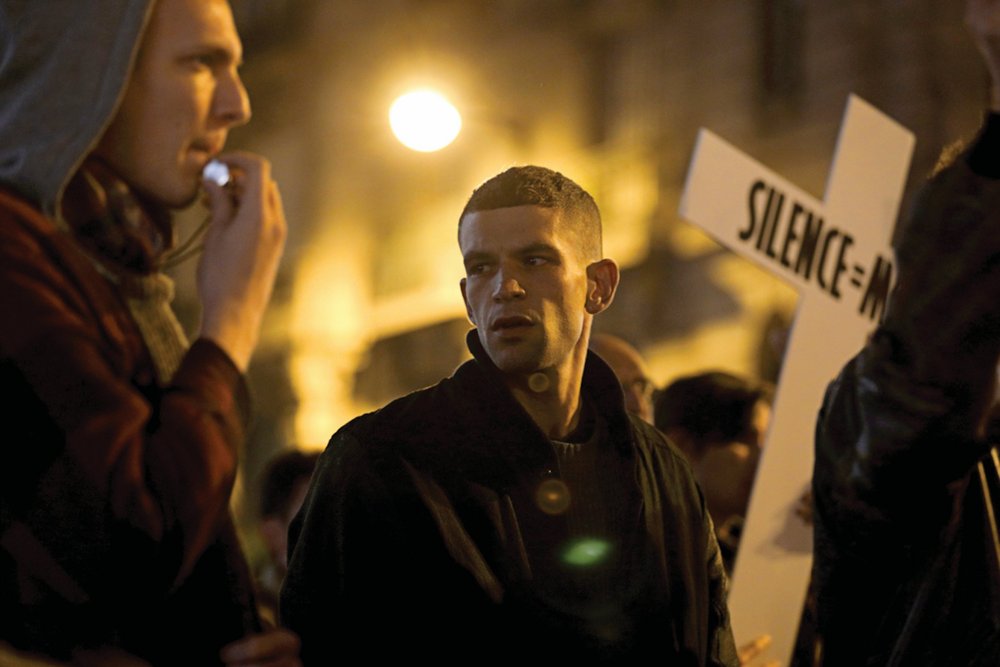
BPM (120 battlements par minute, 2017)
Newspapers and social media have got excited by the overtly political bent of some of the films:
- Fatih Akin’s thriller In the Fade takes place just after an explosion and focuses on a man from Hamburg’s German-Turkish community enraged by prejudicial mistreatment – if it has even half the tension of Akin’s Head-On (2004) it’ll be worth it.
- Debut Cannes director Robin Campillo’s BPM (120 battements par minute) focuses on the ACT UP direct action campaigners demanding better treatment during the Aids pandemic in the early 90s.
- Haneke’s Happy End concerns a wealthy bourgeois family who own a large business not far from the refugee camps in Calais.
- Bong Joon-ho’s Okja is about a little girl’s struggle with a major company to protect the huge beast of the title, her best friend.
- Jupiter’s Moon, by Hungarian Kornél Mundruczó (White God), apparently approaches the refugee crisis via a levitating boy and a morally troubled doctor.
But the one film in this category I’m looking forward to most is Sergei Loznitsa’s A Gentle Creature, about a woman trying to find out what has happened to her husband, a prisoner in a fortress-like facility, who has now disappeared. She travels to the prison and braves all to find out the truth. It’ll be intriguing to see how much Loznitsa’s approach to documentaries will be evident in this fiction film.
Thrills
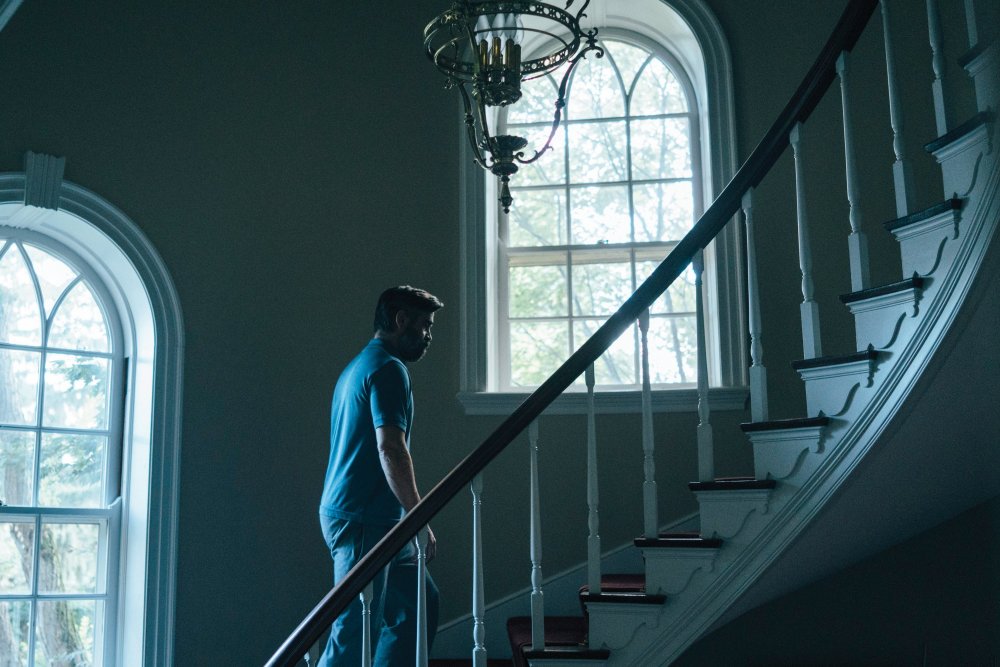
The Killing of a Sacred Deer (2017)
Along with this to-be-expected gathering of films concerned with today’s fraught politics, there are a surprising number of thrillers:
- Benny and Josh Safdie’s Good Time stars Robert Pattinson as a bank robber trying to get away after heist; no great fan of the Safdies’ 2014 junkie odyssey Heaven Knows What, I hope to be impressed.
- Lynne Ramsay’s You Were Never Really Here adapts Jonathan Ames’s brutal novella about a war vet sent to rescue the daughter of a politician from a sex-trafficking gang.
- Drawing its revenge theme from Euripides’s Oresteia cycle, there’s also Yorgos Lanthimos’s The Killing of a Sacred Deer, a psychological thriller about the relationship between a disturbed teenage boy and a charismatic surgeon.
- François Ozon’s latest, L’Amant, double explores a relationship between a fragile woman and the psychotherapist she falls in love with.
- Sofia Coppola’s remake of Don Siegel’s 1971 Southern gothic Clint Eastwood vehicle The Beguiled has the denizens of a Virginia school during the Civil War (Nicole Kidman, Elle Fanning and Kirsten Dunst) falling out over the affections of Colin Farrell’s wounded Union soldier.
Biopics and other sagas
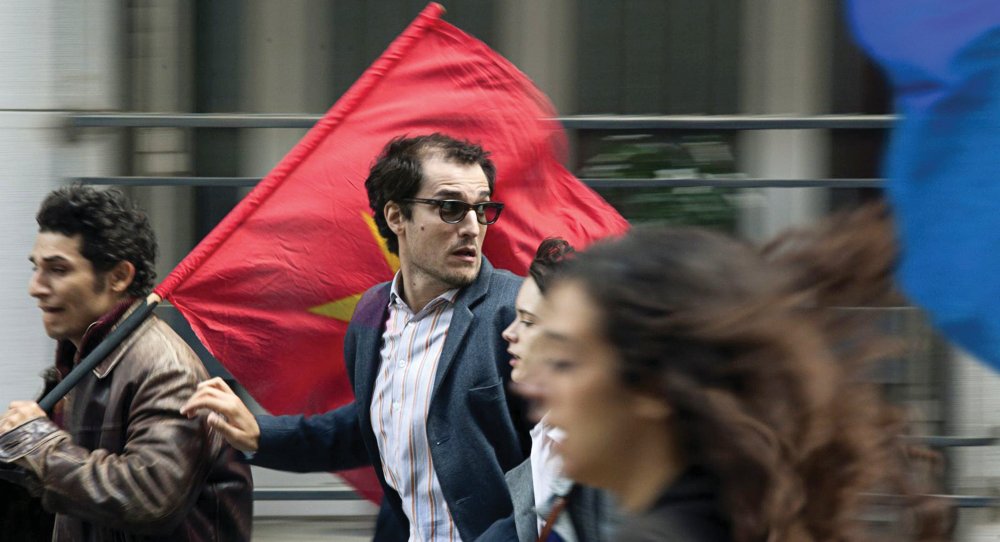
Redoubtable (2017)
Vincent Lindon plays the lead in Doillon’s Rodin, exploring the male side of the sculptor’s already much-filmed relationship with Camille Claudel.
The other biopic in the programme is Michel Hazanavicius’s Redoubtable, a portrait of Jean-Luc Godard (played by narcissist’s narcissist Louis Garrel) when he was making La Chinoise (1967) and falling in love with Anne Wiazemsky (Stacy Martin). Some are already predicting it will be ridiculous; I hope not.
Noah Baumbach’s family saga The Meyerowitz Stories, with Dustin Hoffman, Emma Thompson, Adam Sandler, Ben Stiller et al, ought to have some dark material – but not dark enough to put Netflix off buying global rights.
Another family saga, Loveless, comes from the ever-rewarding Andrey Zvyagintsev.
Little is known so far about Hong Sangsoo’s The Day After.
Which leaves us with a pair whose themes match to a degree: Todd Haynes’s Wonderstruck concerns the parallel lives of two deaf children 50 years apart, and Kawase’s Radiance portrays the relationship between a woman who writes film versions for the visually impaired and a photographer whose eyesight is gradually fading.
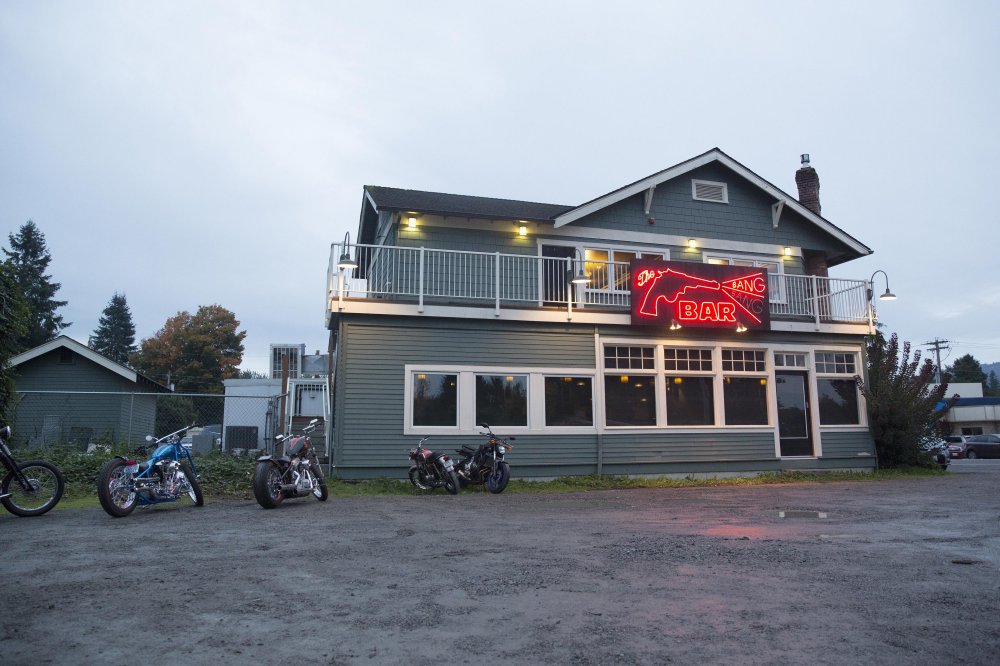
Twin Peaks: the Return (2017)
The Competition aside, I’m most excited about the previews of the new Twin Peaks and Top of the Lake series from David Lynch and Jane Campion respectively.
In Un Certain Regard, films from Mathieu Amalric, Laurent Cantet, Michel Franco and Valeska Grisebach look promising, while in Directors’ Fortnight, new work by Bruno Dumont and Claire Denis will certainly be worth catching.
The chance to see Abbas Kiarostami’s last film and a new Agnès Varda collaboration (with artist JR) in the Out of Competition slot completes my take on a mouth-watering lineup.
-
Sight & Sound: the June 2017 issue
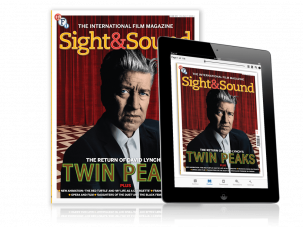
The return of Twin Peaks, The Red Turtle, My Life as a Courgette, François Ozon’s Frantz, Buñuel at the opera, Daughters of the Dust and the black...
-
The Digital Edition and Archive quick link
Log in here to your digital edition and archive subscription, take a look at the packages on offer and buy a subscription.




